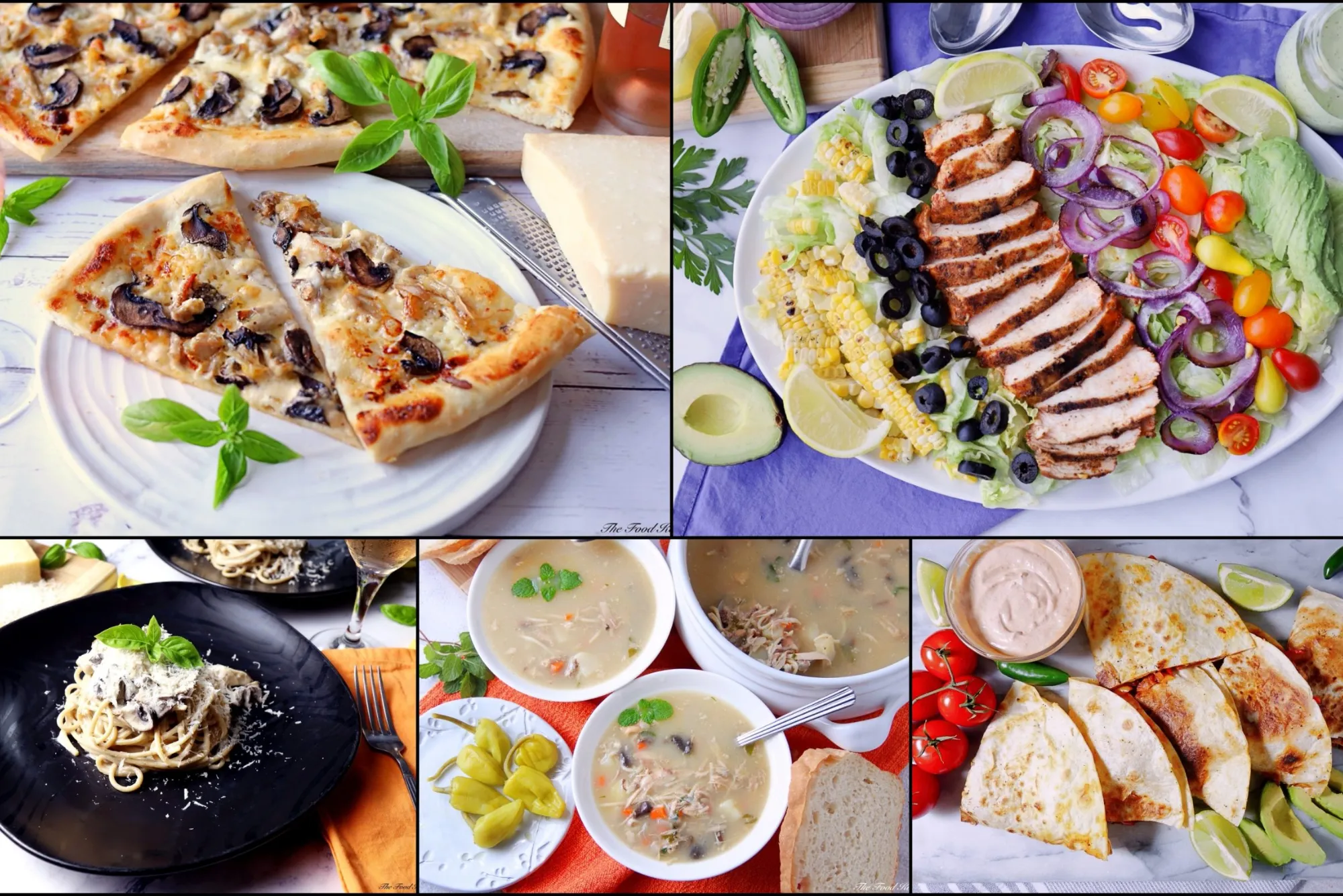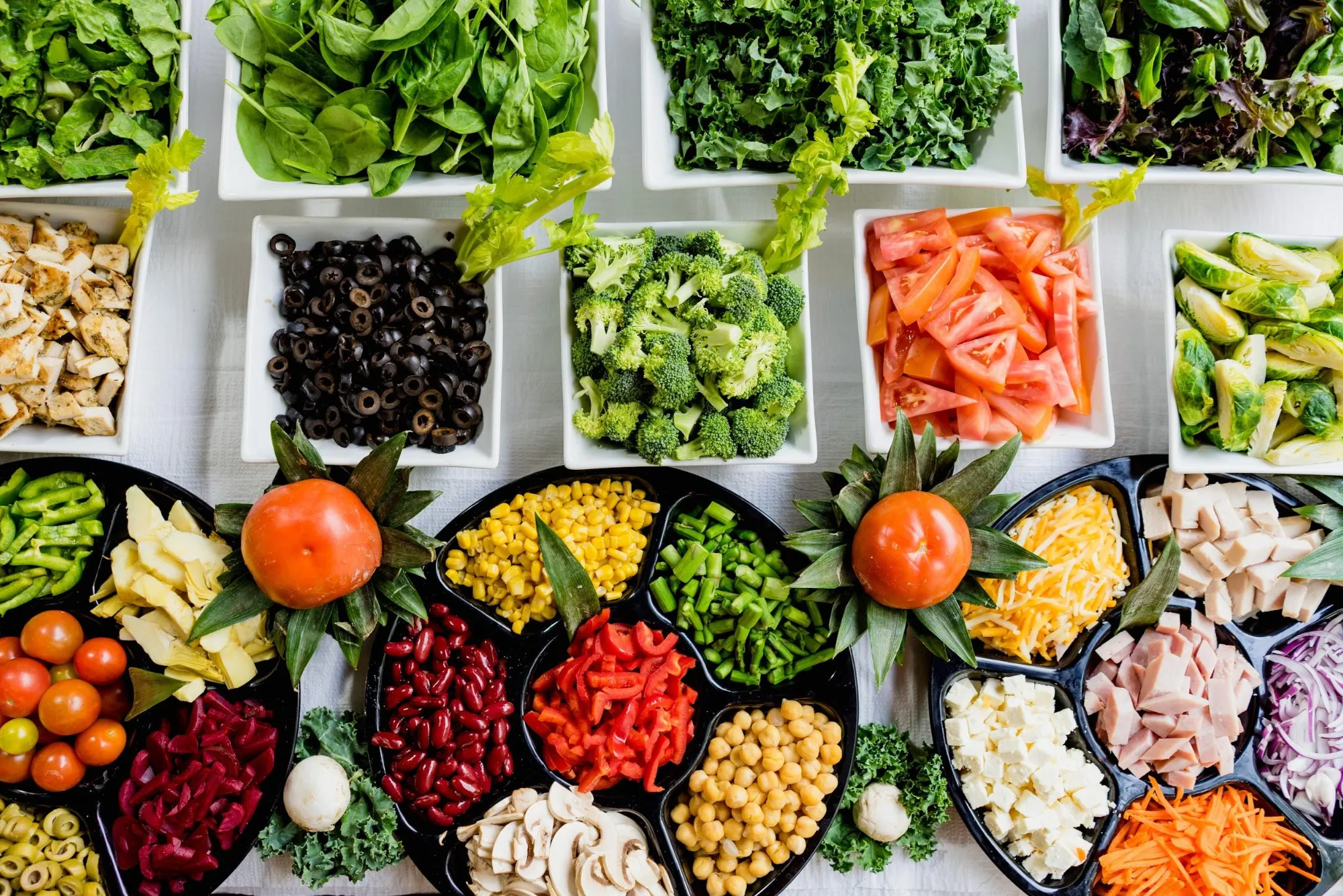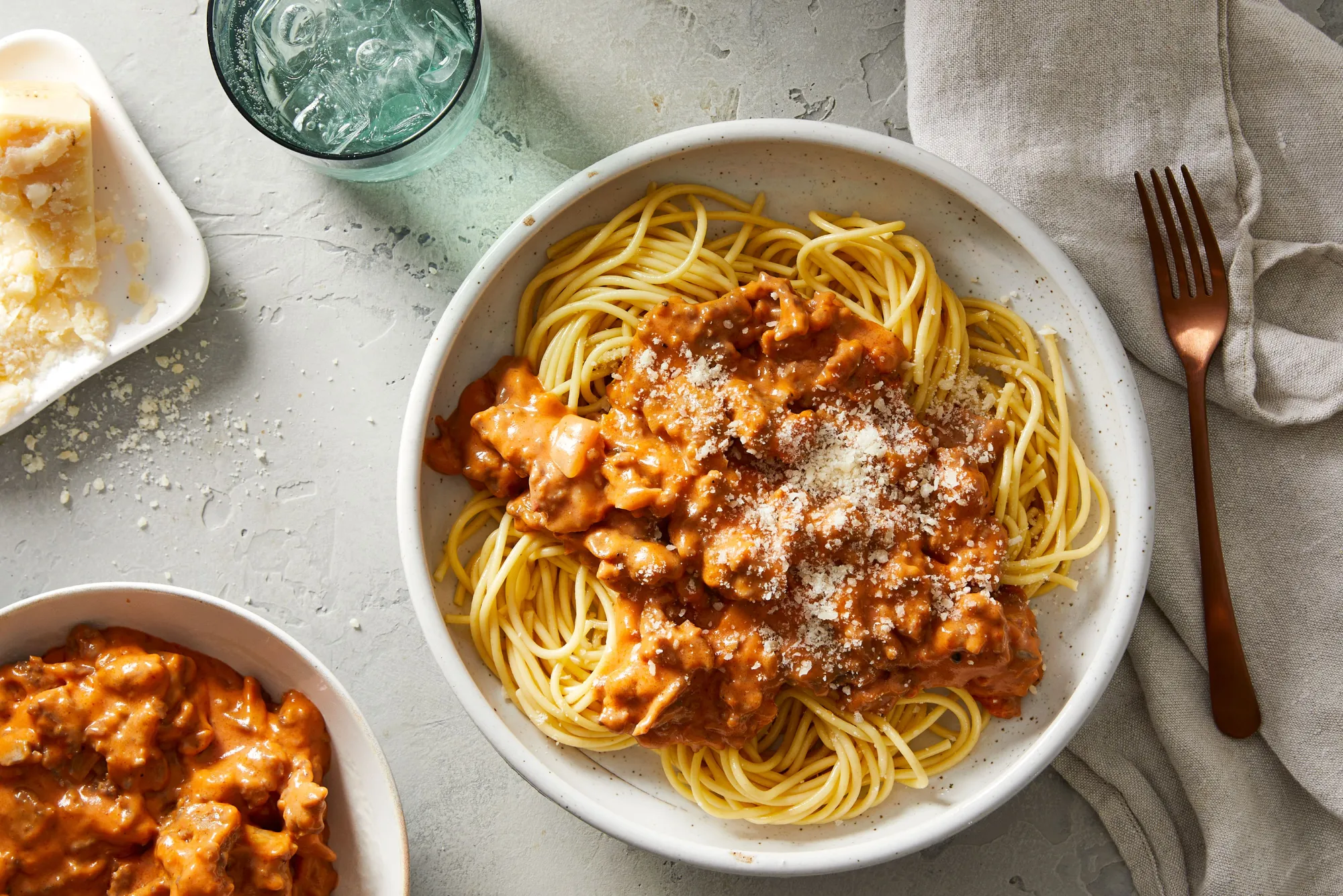Meals are an integral part of our daily lives, reflecting cultural practices, nutritional needs, and personal preferences. This article delves into the various types of meals, preparation techniques, cultural significance, nutritional aspects, and offers practical resources for meal planning and recipes.
Types of Meals
Breakfast
Breakfast is often referred to as the most important meal of the day. It breaks the overnight fast and provides essential nutrients to kickstart your day. Popular breakfast dishes vary worldwide, from a classic English breakfast of eggs, bacon, and toast to a light Japanese breakfast featuring rice, fish, and miso soup.
Lunch
Lunch serves as a mid-day refueling opportunity. It typically includes a balance of proteins, carbohydrates, and fats. Healthy lunch ideas, such as salads, grain bowls, or wraps, can help maintain energy levels throughout the day.
Dinner
Dinner is usually the largest meal of the day and is often enjoyed with family or friends. Traditional dinner dishes can differ greatly by region; for example, Italian cuisine might feature pasta, while Indian meals often include curries and rice. Family dinner ideas can range from casual pizza nights to more elaborate roast dinners.
Snacks
Snacks bridge the gap between meals and can play a vital role in maintaining energy levels. Healthy snack options like fruits, nuts, or yogurt can satisfy cravings while providing nutritional benefits. Quick snack recipes can include energy balls, smoothies, or vegetable sticks with hummus.
Special Occasion Meals
Meals for special occasions often hold cultural significance. Holiday meals, such as Thanksgiving dinner in the United States or Lunar New Year feasts in various Asian cultures, bring families together to celebrate traditions and share culinary delights.

Meal Preparation Techniques
Cooking Methods
Understanding different cooking methods can enhance your meal preparation skills. Common techniques include boiling, baking, grilling, and frying. Each method offers distinct flavors and textures, allowing for a wide variety of dishes.
Meal Prepping
Meal prepping has gained popularity due to its convenience and time-saving benefits. By preparing meals in advance, individuals can enjoy healthier options throughout the week. Effective meal prepping involves planning recipes, shopping for ingredients, and organizing meals in containers for easy access.
Food Safety
Practicing safe food handling is crucial for preventing foodborne illnesses. Essential safety tips include washing hands and surfaces, cooking foods to appropriate temperatures, and storing leftovers promptly to minimize spoilage.
Cultural Significance of Meals
Global Cuisines
Meals reflect the diversity of cultures around the world. Each cuisine offers unique flavors and ingredients, showcasing local customs and traditions. For example, Italian cuisine emphasizes fresh ingredients like tomatoes and basil, while Indian cuisine is known for its rich spices and aromatic dishes.
Traditions and Rituals
Many cultures incorporate meals into religious practices and rituals. For instance, fasting during Ramadan culminates in the evening meal called iftar, where families gather to break their fast. Similarly, communal meals are often part of family gatherings and celebrations, emphasizing the importance of togetherness.
Impact of Globalization on Meals
Globalization has led to the fusion of culinary traditions, resulting in innovative dishes that combine elements from various cultures. This blending of flavors creates exciting new meal options, such as sushi burritos or tacos filled with Asian-inspired ingredients.
Nutrition and Health
Balanced Meals
A balanced meal includes a variety of food groups, ensuring the intake of essential nutrients. The key components are carbohydrates, proteins, fats, vitamins, and minerals. Understanding portion sizes and incorporating a range of foods can help maintain a healthy diet.
Dietary Restrictions
With increasing awareness of dietary restrictions, meal planning now often includes options for vegetarians, vegans, and individuals with allergies. Creative recipes can accommodate these restrictions, ensuring everyone can enjoy delicious and nutritious meals.
Meal Planning for Health
Effective meal planning promotes healthy eating habits. Tips for planning meals include creating a weekly menu, incorporating seasonal ingredients, and being mindful of portion sizes. Learning to read nutrition labels can also assist in making informed choices.

Recipes and Meal Ideas
Breakfast Recipes
Delicious breakfast recipes can include healthy smoothies, overnight oats, or egg muffins. These options are not only nutritious but also quick to prepare.
Lunch Recipes
For lunch, consider making grain bowls, hearty salads, or wraps filled with protein and vegetables. These meals can be both satisfying and nutritious.
Dinner Recipes
Dinner can be made exciting with recipes like one-pot pasta dishes, stir-fries, or grilled meats with seasonal vegetables.
Snack Recipes
Healthy snacks can range from homemade granola bars to fruit and nut mixes. These options provide a boost of energy without excessive calories.
Seasonal Meal Ideas
Adapting meals to the seasons can enhance freshness and flavor. For example, summer meals might focus on light salads and grilled dishes, while winter meals can include hearty soups and stews.
Meal Resources
Cooking Tools and Gadgets
Having the right cooking tools can significantly ease meal preparation. Essential kitchen equipment includes knives, cutting boards, pots, and pans. Investing in high-quality gadgets, such as slow cookers or air fryers, can also enhance cooking efficiency.
Meal Planning Apps
Numerous meal planning apps can help streamline the process of organizing meals and recipes. Popular options include Paprika, Mealime, and Yummly, which offer features for recipe storage and grocery list creation.
Shopping Guides
Creating a grocery list is vital for efficient shopping. A well-structured list ensures you have all the ingredients needed for your planned meals and helps prevent impulse purchases.
Community and Interaction
User Submitted Recipes
Encouraging readers to share their recipes fosters community interaction. A dedicated section for user-submitted recipes can inspire others and showcase diverse culinary talents.
Discussion Forum
A discussion forum allows visitors to exchange ideas about meals, recipes, and tips. This interactive platform can promote engagement and learning within the community.
Newsletter Sign-Up
Offering a newsletter subscription keeps readers informed about new recipes, meal tips, and updates on the website. Regular newsletters can enhance user engagement and foster a sense of community.
About Us
This section provides information about the website’s mission, the team behind it, and contact details. Transparency about the website’s goals helps build trust with readers.
FAQs
Q1: What constitutes a balanced meal?
A balanced meal typically includes carbohydrates, proteins, and healthy fats, along with vitamins and minerals from fruits and vegetables.
Q2: How can I accommodate dietary restrictions in meal planning?
Consider including vegetarian, vegan, gluten-free, and allergy-friendly recipes in your meal plan. Always read ingredient labels and ask about food preparation methods when dining out.
Q3: What are some quick meal prep ideas for busy weeks?
Prepare simple dishes like grain bowls, overnight oats, or one-pot meals that can be cooked in advance and stored for easy access during the week.
Q4: How can I make my meals more culturally diverse?
Explore global cuisines by trying new recipes, ingredients, and cooking techniques from different cultures to broaden your culinary experience.
Q5: What are some healthy snack options?
Healthy snack options include fruits, nuts, yogurt, hummus with vegetables, and homemade granola bars, which provide essential nutrients and energy.
Meals are more than just sustenance; they represent culture, tradition, and health. By exploring various meal types, preparation techniques, and cultural significance, individuals can enhance their culinary experiences and promote healthier eating habits. This comprehensive guide serves as a valuable resource for anyone looking to enrich their understanding of meals.
Meal Planning Table
| Meal Type | Examples | Nutritional Focus |
|---|---|---|
| Breakfast | Oatmeal, Smoothies, Eggs | Energy boost, protein |
| Lunch | Salads, Grain Bowls, Sandwiches | Balanced macronutrients |
| Dinner | Stir-Fries, Grilled Meats, Pasta | Hearty meals, family time |
| Snacks | Fruits, Nuts, Yogurt | Healthy energy, nutrients |
| Special Occasions | Thanksgiving, Lunar New Year Feasts | Cultural traditions, sharing |
This article provides a well-rounded exploration of meals, making it a valuable resource for anyone interested in enhancing their knowledge and appreciation of food.








